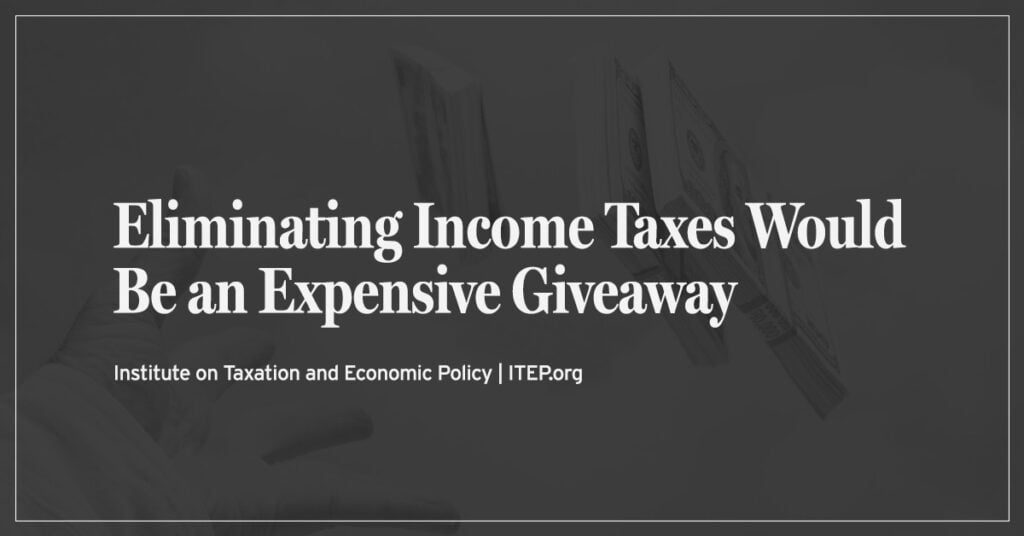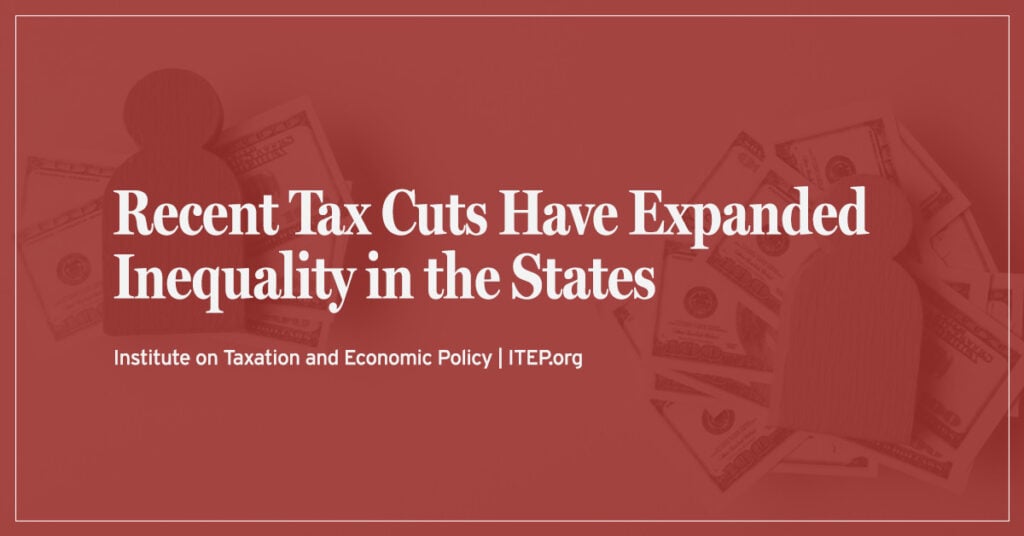By CHRISTINIA CRIPPES [email protected]
Area schools may be moving full steam ahead with their preschool programs, but state lawmakers have yet to weigh in on their future.
Sen. Tom Courtney, D-Burlington, said the outcome will depend on how badly Republican Gov. Terry Branstad pushes his proposal.
Lawmakers have been divided along party-lines on the issue since Democratic Gov. Chet Culver signed the statewide voluntary preschool program into law. Democrats, who helped get the law passed, want the program to remain universal and “free” for all, at a cost of $70 million annually.
Republicans have never favored that option, saying it’s a burden taxpayers can’t bear, and instead seem to line up with Branstad’s proposal to implement a sliding-scale fee and open the program to private programs as well.
There’s not likely to be much swaying of opinion on the issue, as the GOP maintain the state’s finances are in disarray and Democrats see the $900 million surplus.
Plus, as area Democrats point out, the Republicans have been pushing through tax cuts that lead to less revenue, at least in the short term.
“Why are out-of-state corporations more important than kids?” Courtney said.
He may be on to something there, as some studies show that the return on investment for preschool programs far outweighs more typical economic development tools that states employ. One study from the Federal Reserve Bank of Minnesota makes that case explicitly.
“We have argued … that the case for these subsidies (to business) is short-sighted and fundamentally flawed,” the author Rob Grunewald, an economic analyst, wrote. “From a national perspective, jobs are not created – they are only relocated. From a state and local perspective, economic gains are suspect because many would have been realized without the subsidies.”
Instead, the report finds that economic gains are aplenty in investing in preschool programs. First and foremost, as other studies have found, there’s a reduction in crime, which is good for society and costs the state fewer dollars. There’s also less dependence on state and federal aid if people are educated and thus employable.
Though the study does note caveats, it says there is as much as an $8 dollar return for every $1 invested in preschool and suggests policymakers put that return on investment in the context of what they get from other tax credits.
The Iowa Policy Project released a report noting how difficult calculating the return on investment. It finds that like Grunewald said, it is difficult to know whether the gains would have been realized without a tax credit.
IPP and the Grunewald study also note the tremendous education children get at an early age.
Rep. Dave Heaton, R-Mount Pleasant, who supports Branstad’s proposal, said he’s also working to get funds restored to the Empowerment program because it helps children younger than 5.
“I feel with all this discussion on 4-year-old preschool, I still maintain our efforts in the 0-to-3 age bracket, with parents and children, is just as important as 4-year-old preschool,” Heaton said. “That’s where all the brain growth really is.”
Another study shows that by the time children are 3, much of their testing is set in stone, and varies dependent on the education the child’s mother has.
“Gaps in test scores classified by social and economic status of the family emerge at early ages, before schooling starts, and they persist,” wrote the study’s author James Heckman. The report was on a post-racial strategy for improving skills to promote equality. “Again, schooling does little to widen or narrow these gaps.”
Rep. Jerry Kearns, D-Keokuk, sides with his party, but like Heaton, says you can “hardly start too early” in educating kids.
Kearns pointed to an analysis by the Institute on Taxation and Economic Policy that shows the proposed 20 percent tax cut would amount to an average of $18 a year for someone in the lowest income bracket, and $239 for those in the middle bracket. Those figures would not come close to paying for preschool, if the parents had to pay for all their children’s schooling.
But Branstad’s proposal carries a sliding-scale fee that could mean those in the lowest income bracket pay very little. However, the exact scale has yet to be determined as it was not specified in the legislation.
Courtney expects the legislation to be among the last things discussed this session. Heaton said it’s likely to come up and pass in the Republican-controlled House this week.





